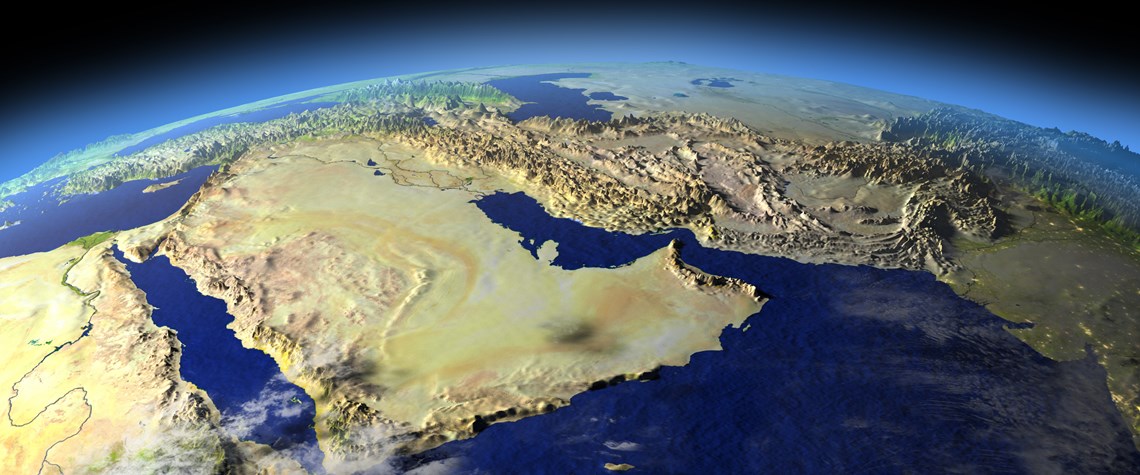Troubled waters in the Gulf
The Qatar crisis has ensured that the region can no longer boast being an oasis of tranquillity
These are, to put it mildly, unsettling days for the Arab Gulf states. The Qatar crisis demonstrates dramatically what they had perhaps been unwilling to accept before: the comfort blanket of solid and enduring political stability has been removed. After decades of quiet oil-funded prosperity and back-seat regional politics, the six states of the Gulf Cooperation Council (Bahrain, Kuwait, Oman, Qatar, Saudi Arabia and the United Arab Emirates) face a maelstrom of challenges. Even before the Qatar controversy erupted, the population of the Gulf was witnessing a radical change in leadership styles—at least in two of the key GCC states, Saudi Arabia and the UAE. Two charismatic and ambitious le

Also in this section
26 July 2024
Oil majors play it safe amid unfavourable terms in latest oil and gas licensing bid rounds allowing Chinese low-ball moves
25 July 2024
Despite huge efforts by India’s government to accelerate crude production, India’s dependency shows no sign of easing
24 July 2024
Diesel and jet fuel supplies face a timebomb in just four years, and even gasoline may not be immune
23 July 2024
Rosneft’s Arctic megaproject is happening despite sanctions, a lack of foreign investment and OPEC+ restrictions. But it will take a long time for its colossal potential to be realised







